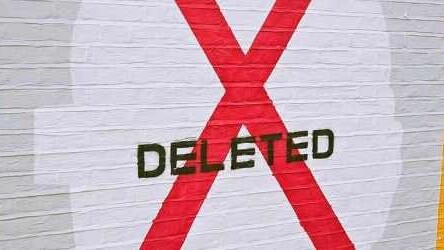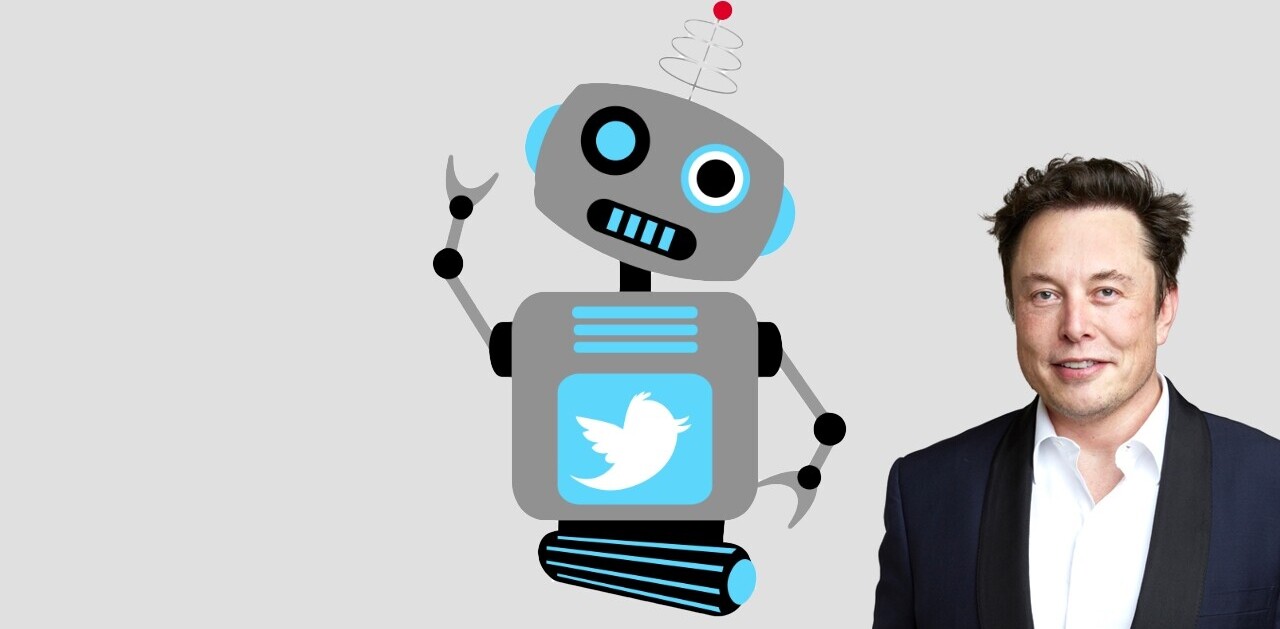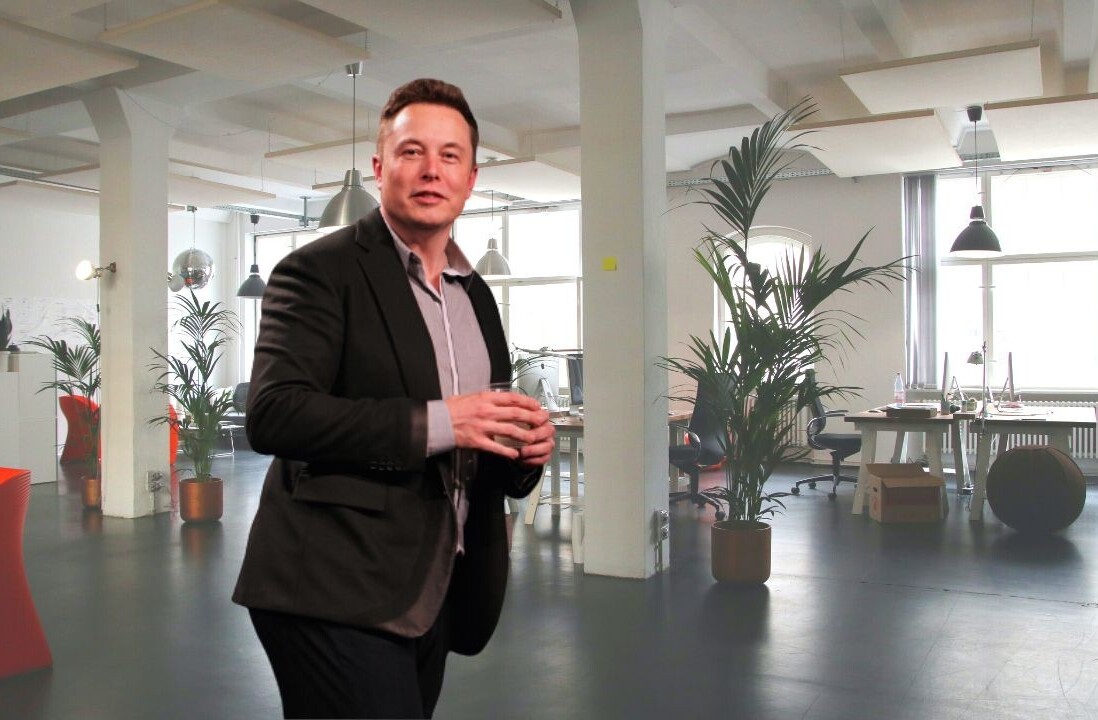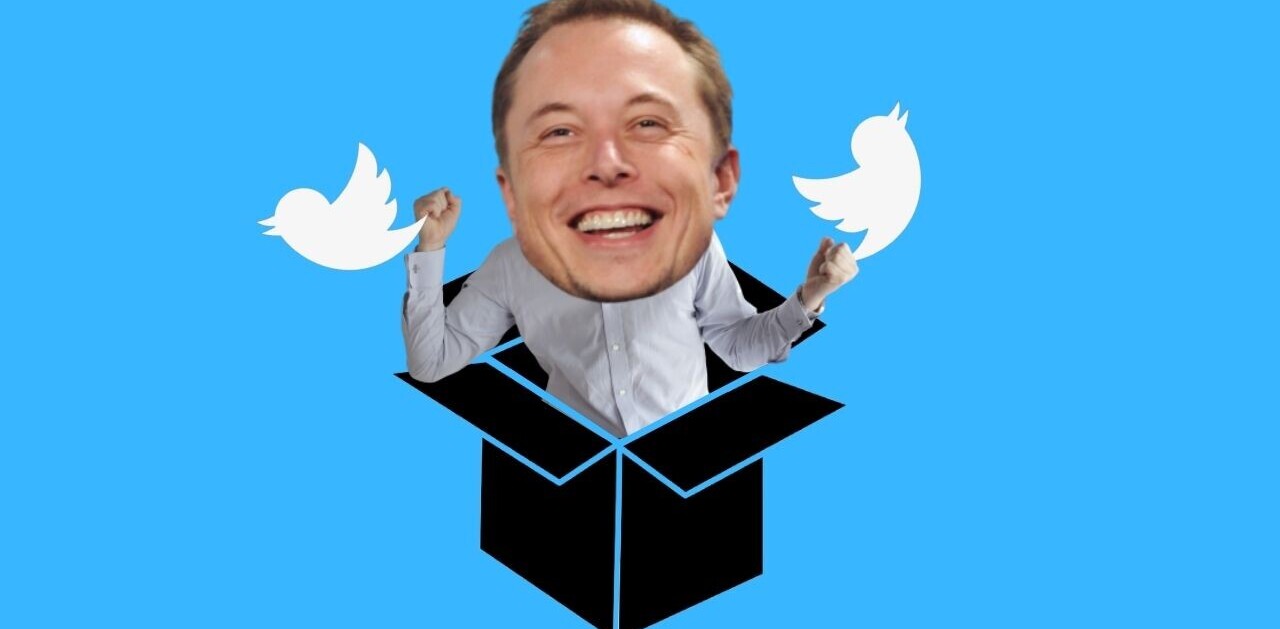
I recently had a very short conversation with a very well known journalist on Twitter. It consisted of two tweets on my part, both of which were, in my humble opinion, not at all rude, but for some inexplicable reason resulted in my being blocked by said journalist.
The issue arose from a misunderstanding after he deleted a tweet that I had replied to, challenging his opinion. I thought that he had deleted it because he was embarrassed by the idea that it conveyed, and the fact that the idea was now associated with his very public persona.
I took a screenshot of his deleted tweet and posted it in my reply to him, only to have him respond to me saying that he deletes all of his replies, that clearly I can’t read, and that I would promptly be blocked.
True to his word, I found that I was no longer following him, and that he had indeed blocked me. I quickly took and posted a screenshot of that pleasant reply as well, as I knew it’s short-lived fate on the interwebz.
That brief and disappointing blip on Twitter got me thinking.
Where is the accountability in social media when it’s that easy to delete a tweet without acknowledging the fact that it ever existed? In a small side conversation like this one, probably seen by very few people, it’s not such a big deal. Right? Wrong.
A Twitter user with over 80,000 followers has to have at least an iota of responsibility for the words coming out of his or her mouth – or Twitter account. And the same has to go for a user with a handful of followers as well.
The story about how social media has changed our lives forever and has connected us in ways we never imagined possible is by no means new. So it becomes incredibly easy for users to forget the basics of how and why we should be using social media. Clearly, we are in need of occasional reminders of the double edged sword that is social media.
Why Accountability Matters
Celebrities, politicians, businessmen, brands, news outlets and more have flocked to Twitter and Facebook as the ideal medium to not only reach out to their audience in a direct and instantaneous manner, but also because it allows that audience to reply immediately.
With that direct route to and from your audience, without having to take a detour through anyone else, it’s just as easy to clash with that very same audience. Once in a while, there’s bound to be that one tweet which is going to send you over the edge and before you know it – you’re losing your temper and it’s out there for all to see.
At the risk of sounding maudlin, part of the very fabric of our society is held together by accountability. You can’t do certain things because of the consequences. If we take away that sense of consequence online then we’re going back to an Internet of anonymous forums and trolling – I’m sure no one wants to be in that place again.
Before the advent of Twitter and every other social network that has popped up since, most users looking for interaction found it in public forums – and while meaningful conversations were (and still are) taking place in these forums – with that comes bullying, condescension and more, made easy by anonymity. When using social media as part of your personal brand, it forces you, and rightfully so, into an Internet of accountability.
Accountability is important when it comes to personal accounts, but when it comes to professional accounts, it has to be a necessity. I don’t want to follow a news account that doesn’t admit when it has made a mistake. I don’t want to follow a brand that backtracks after a faux-pas.
If Nikon had quietly deleted a very unfortunate Facebook post which led to a torrential backlash rather than apologizing as it later did, the backlash would probably been far worse.
Call me old-fashioned, but I’d like to hold the journalists who I follow on Twitter to that same standard.
What if there was no delete button?
It’s not hard to imagine the uproar that would follow if Twitter were to take the delete button away. After all, many users rely on it to delete tweets with incorrect links or misspellings
But what if the reason behind deleting the tweet is far more sinister or underhanded?
A service called Undetweetable emerged in August, but didn’t last long before Twitter shut it down. The service would allow you to track any account of your choice, and would save any tweets that were deleted by the account. It erred slightly on the side of stalker, and was probably being used in a hundred and one different ways that we don’t even want to imagine – but it did raise an interesting question about how people use (and abuse) Twitter and other forms of social media.
With news services able to redact stories with the click of a button, theoretically able to do so without having to give an explanation, Undetweetable, while questioned by some, did serve a purpose.
The website now reads:
Unfortunately, Undetweetable has been asked to shut down and we can no longer function without Twitter’s support. This project was meant to begin a discussion about privacy and digital identity and, thanks to the overwhelming response from users like yourself, we hope that we have accomplished that goal. For now, you may continue browsing Undetweetable, but we will no longer gather deleted tweets.
Even without a service like Undetweetable at our disposal, more often than not, a vigilant Twitter user manages to snag a screenshot before an offending Tweet disappears from a user’s timeline.
Before Oakland police attacked the Occupy Oakland sit-in with rubber bullets and tear gas, an attack which left Iraq veteran Scott Olsen in critical condition, John Canzano, a sports columnist and radio host sent out an unfortunate and now deleted tweet. In it, he bemoaned Occupy Oakland’s effect on the beautiful park, calling for Oakland PD to “clean it up.” The tweet was of course saved when a watchful follower snapped a screenshot on his phone.
Former NBA basketball player Kenyon Martin not only deleted his tweet, but his entire account after an outburst on his part resulted in a horrible tweet, captured here, which he later denied writing in the first place.
These are just two recent examples in Twitters long history of disappearing tweets. But the question remains, should we hold the Canzanos and Martins to a higher standard than the average Twitter user?
I personally would rather run my Twitter account, and follow other users, with the knowledge that the delete button is there for erasing technical mistakes, and nothing more.
It’s as simple as asking yourself – when you look at you timeline and conversations on Twitter – “Am I proud of every tweet? Is this how I want to be represented online?”
The accessibility and speed of Twitter has probably had a few negative effects on our behaviour whether we like it or not – both when it comes to sending and receiving information. We’re on our way to becoming the generation of wanting everything right now, delivered straight to us, in convenient, bite-size portions no less, so we don’t have to make an enormous effort in the process of consuming it all.
I sincerely hope we’re not on our way to becoming a generation that does not want to be held accountable for the statements that we make, even if it’s just on Twitter. To some that may seem insignificant, but I for one don’t think it is.
Just as we have to be held accountable for the words that come out of our mouths – where there is clearly no undo or delete button – wouldn’t it be great if we set the same standard for our Twitter accounts, and started tweeting as though there was no delete button?
You can find the Social Media news and discussion every day at TNW Social Media.
Get the TNW newsletter
Get the most important tech news in your inbox each week.





